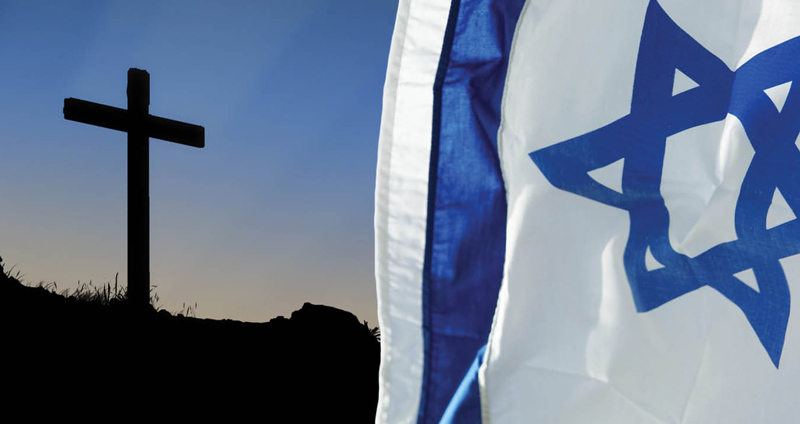
CHARLESTON—It has been 50 years since the Second Vatican Council issued Nostra Aetate, the statement that rejected the false teaching that the Jewish people are responsible for the death of Christ.
For 2,000 years, Jews labored under the charge of deicide, creating a climate of hatred and contempt that led to unspeakable acts of persecution, culminating in the Holocaust and the deaths of millions of Jewish people, said Michael Kogan, Ph.D., a national speaker and professor of philosophy and religion.
Father Sandy McDonald, vicar of ecumenical and interreligious affairs, said the Holocaust must be discussed so people of all faiths can understand the tragedy of anti-Semitism.

It was during the Holocaust that Pope John XXIII, who was then a diplomat for the Vatican, started down a path that would dramatically alter Jewish/Catholic relations. He helped fleeing Jews escape, and when he became pope, started the process that led to Nostra Aetate, the groundbreaking statement on Jews and Judaism that was issued in 1965 by Pope Paul VI.
Latin for “In Our Time,” this document revolutionized the Church’s approach to Jews and Judaism, Kogan said, opening an age of Christian/Jewish reconciliation.
Among the groundbreaking points, Nostra Aetate repudiates the centuries-old deicide charge against all Jews. Kogan said that Jesus was very popular among the Jewish people, and notes that His crucifixion was orchestrated by one Jewish rabbi and one Italian politician; not an entire people.
Nostra Aetate also stresses the religious bond shared by Jews and Catholics, reaffirms the eternal covenant between God and the people of Israel, and dismisses Church interest in trying to baptize Jews.
“It freed the Church from the bonds of centuries of prejudice and distrust,” Bishop Robert E. Guglielmone said.
The bishop recalled a time when Catholics were forbidden to even enter a synagogue; now priests and rabbis welcome each other, he said. They speak to each other’s congregations and offer lessons on different traditions, such as confirmations and bar mitzvahs.
“We have different attitudes, we’re not the same religion, but we can learn from each other,” Kogan said.
Over the past 50 years, religious leaders have answered the call to engage in friendly dialogue and biblical and theological discussions to better understand each other’s faith.
Kogan said they have advanced from mutual respect to mutual influence. For example, the individual spirituality of Christians (one-on-one prayer with God) is trickling into the Jewish faith, while the concept of community is appearing in Christian services through elements such as the offering of peace.
However, there is more work to be done. Bishop Guglielmone, Father McDonald and Kogan all said the people in the pews are still mostly uninformed, and religious leaders need to do a better job of teaching from the pulpit.
A good starting point is the upcoming discussion on Nostra Aetate. All three men will be part of the event, along with Rabbi Stephanie Alexander and others. They will discuss issues such as what we have achieved, where our divergences lie, why we need to keep talking, and challenges to come.
Want to attend?
‘Nostra Aetate: 50 Years Later’
Oct. 25 at 1:30 p.m.
Kahal Kadosh Beth Elohim
90 Hasell St., Charleston
Speaker: Michael Kogan. PhD

